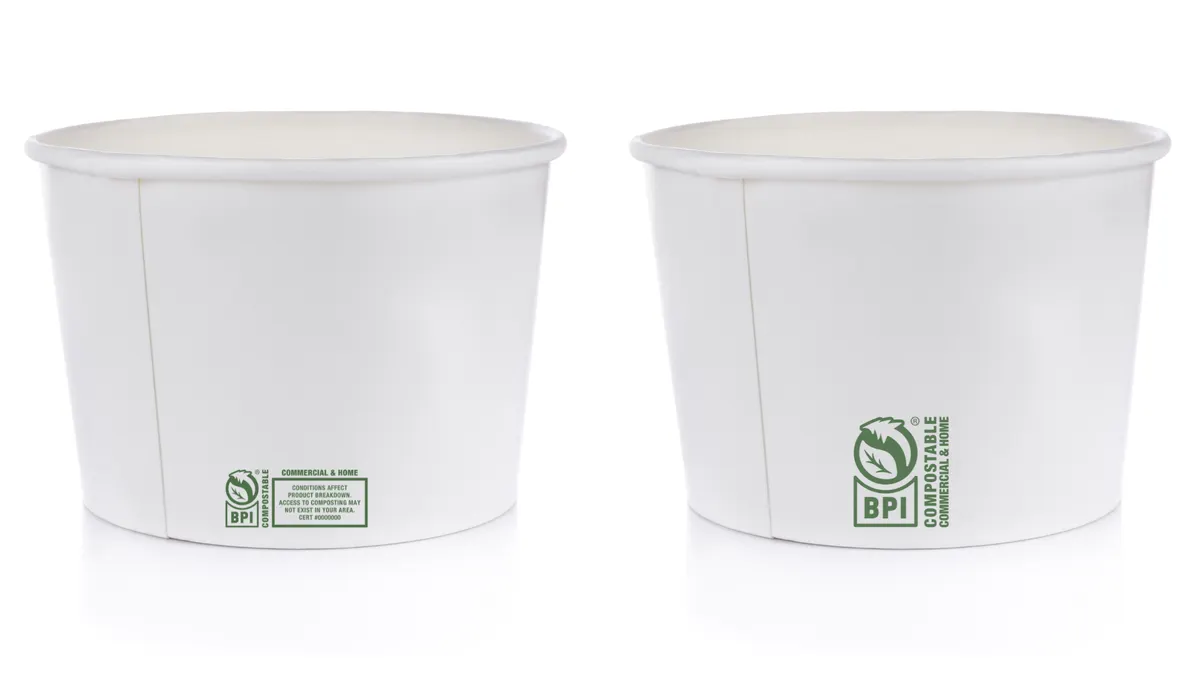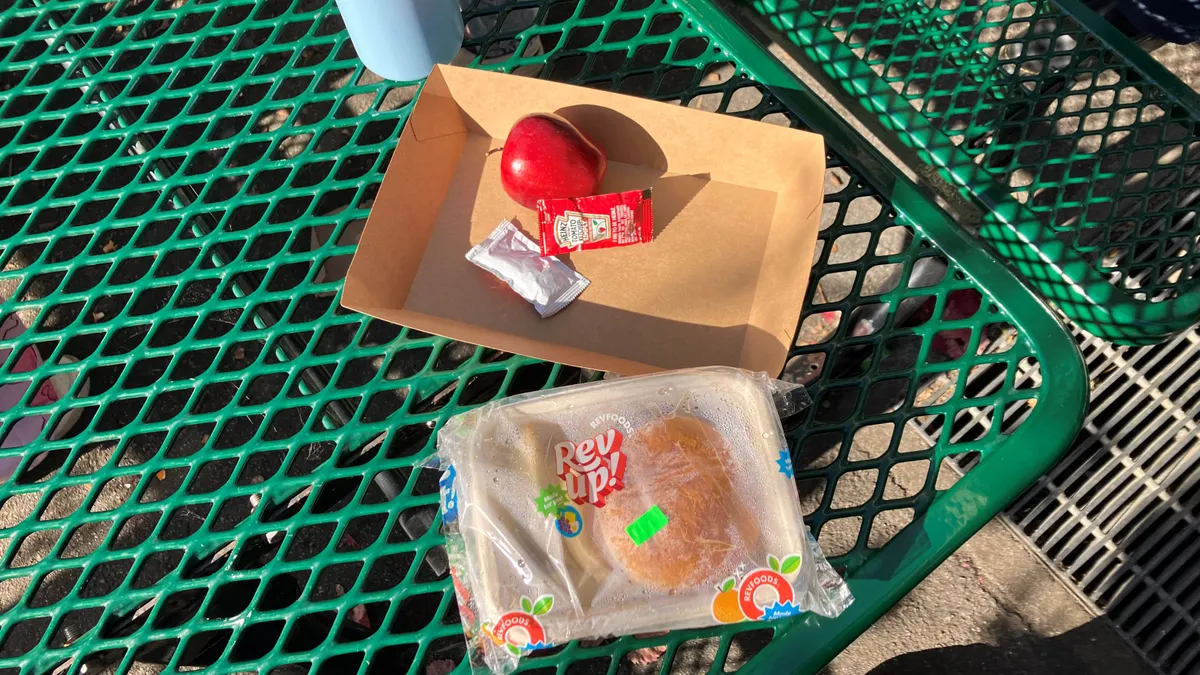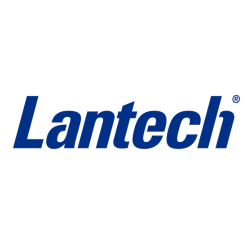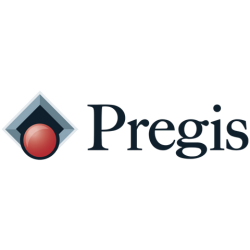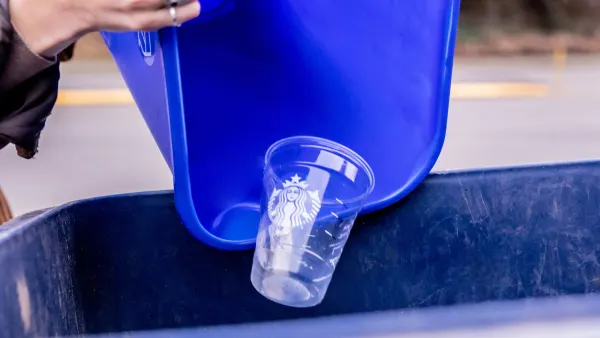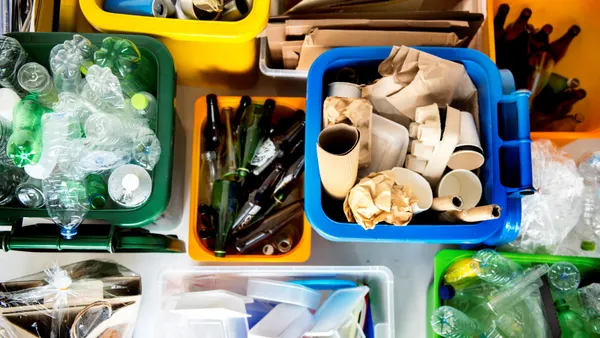Dive Brief:
- The Biodegradable Products Institute for the first time added a home compostable certification to complement its commercially compostable product certification, the group revealed Thursday at its annual summit in Atlanta. It also unveiled a new label for the combined Commercial & Home Compostable Certification program.
- The new certification identifies products that break down completely in the lower temperatures of home compost piles, in addition to meeting the existing certification criteria. This will expand citizens’ access to composting options, said BPI Executive Director Rhodes Yespen during an interview, adding that, “We really just need more options for individuals.”
- BPI plans to launch educational campaigns about the changes in the coming months. The program will officially launch on Dec. 1, and BPI will begin accepting applications at that time.
Dive Insight:
BPI has been around for 25 years and in that time has certified more than 51,000 products as commercially compostable. The group has been working on a home compostable certification for a while. Introducing it now seems ideal, Yepsen said, considering compostable consumer products have become more mainstream and consumer demand is increasing for “packaging and diversion systems that help them not put so much stuff in the trash.”
“It took us a while to really make sure that we were aligned on the objectives and that this would be seen as complementary and not confusing to the groundswell around composting and compostable packaging,” he said. “It really has to do with understanding the dynamics and the interests of what consumers are looking for, and trying to make sure that we are also supporting all of the other stakeholders involved with switching to a circular bioeconomy.”
BPI intentionally combined the new certification and label with the existing program, instead of making it a standalone, to reduce confusion, he said, noting “it’s not an either/or.” The certification helps to prevent greenwashing, or companies making misleading sustainability claims, and aids “the ability for consumers to easily understand the claims being put in front of them.”
Introducing it in this fashion ensures “composters in municipalities have no doubt in their minds that these items are still acceptable in their programs and still meet state labeling laws,” Yepsen explained. The combined label also benefits brands because it takes up less space than two separate seals would, and space is at a premium on packaging, he said.
Although certain commercial composters have pulled back on accepting compostable packaging in recent years, those are isolated situations due to local contamination concerns and did not influence the new certification and label initiative, according to Yepsen. There are just as many programs “leaning into compostable products more than ever,” he said.
While Europe already has home compostable certifications, this is new in North America, according to Yepsen. Despite progress in the United States to increase access to curbside and dropoff composting programs, along with subscription services, a lot of Americans still don’t have access and organized programs “are desperately needed around the country,” he said.
Certification brings participants across the value chain into alignment to increase that access and to build trust, Yepsen explained. The new certification is similar to the previous version in which companies apply based on packaging formulation and manufacturing considerations. They can get a broad category of products certified at once, rather than needing to certify individual products.
BPI aims to advance “this broader initiative to make sure that there are more and more opportunities, and we're not leaning only on one potential pathway,” Yepsen said. “We hope that this encourages more people in the broader packaging ecosystem to be fully thinking about compostability and what compostability can mean for their packaging options.”


